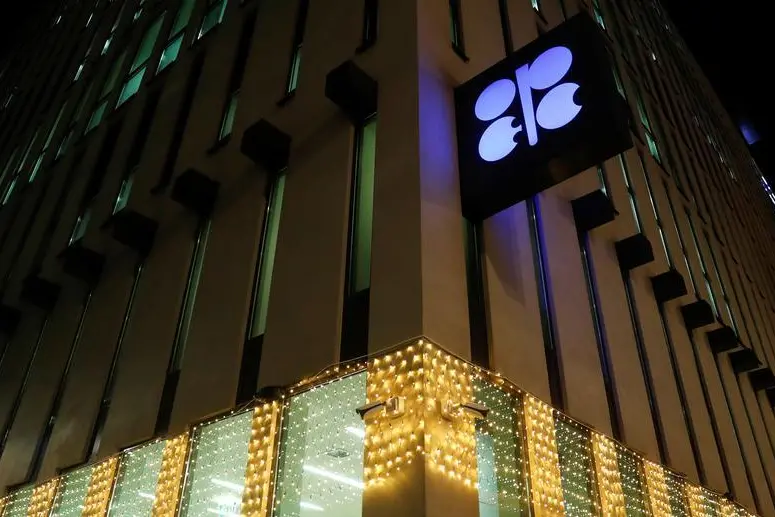PHOTO
LONDON/DUBAI- OPEC and allies such as Russia will ease record oil supply curbs from August as the global economy slowly recovers from the coronavirus pandemic, Saudi energy minister Prince Abdulaziz bin Salman said on Wednesday.
The Organization of the Petroleum Exporting Countries and its allies, known as OPEC+, have been cutting output since May by 9.7 million barrels per day, or 10% of global supply, after the virus destroyed a third of global demand.
After July, the record cuts are due to taper to 7.7 million bpd until December. Prince Abdulaziz said effective cuts would be deeper due to compensation by countries which overproduced in previous months.
OPEC+ documents seen by Reuters showed that the cuts will ease to around 8.54 million bpd in August and September following compensations by Iraq, Nigeria, Angola, Russia and Kazakhstan.
"As we move to the next phase of the agreement the extra supply resulting from the scheduled easing of production cut will be consumed as demand continue on its recovery path," said Prince Abdulaziz.
He made his remarks as a panel known as the Joint Ministerial Monitoring Committee (JMMC) began meeting on Wednesday to recommend the next level of cuts.
Oil prices LCOc1 have recovered to almost $43 a barrel from a 21-year low below $16 in April.
The recovery in prices have allowed some U.S. producers to resume production. Russia and OPEC rely heavily on oil revenue but they will be keen not to push prices too high to give a further boost to rival U.S. oil output growth.
On Tuesday, OPEC said it saw demand recovering by 7 million bpd in 2021 after falling by 9 million this year.
But it also said it expected OPEC to supply an extra 6 million bpd of crude to the market next year while production in the United States and Russia would remain broadly flat.
Prince Abdulaziz also said Saudi oil exports in August will remain the same as in July because some 0.5 million bpd of extra barrels the kingdom was set to pump will be used domestically.
(Additional reporting by Alex Lawler and Olesya Astakhova, writing by Dmitry Zhdannikov; Editing by Louise Heavens) ((Dmitri.zhdannikov@reuters.com))





















